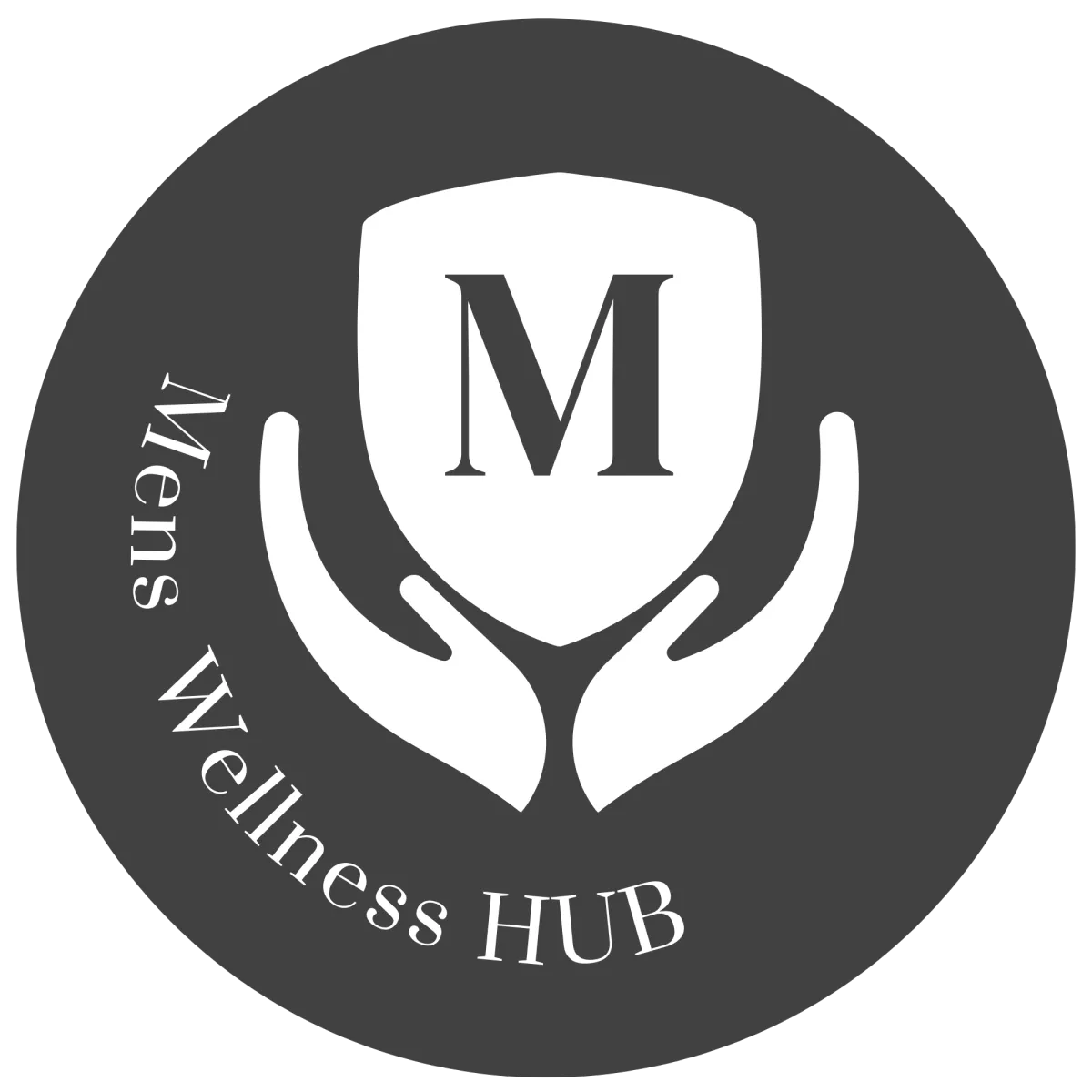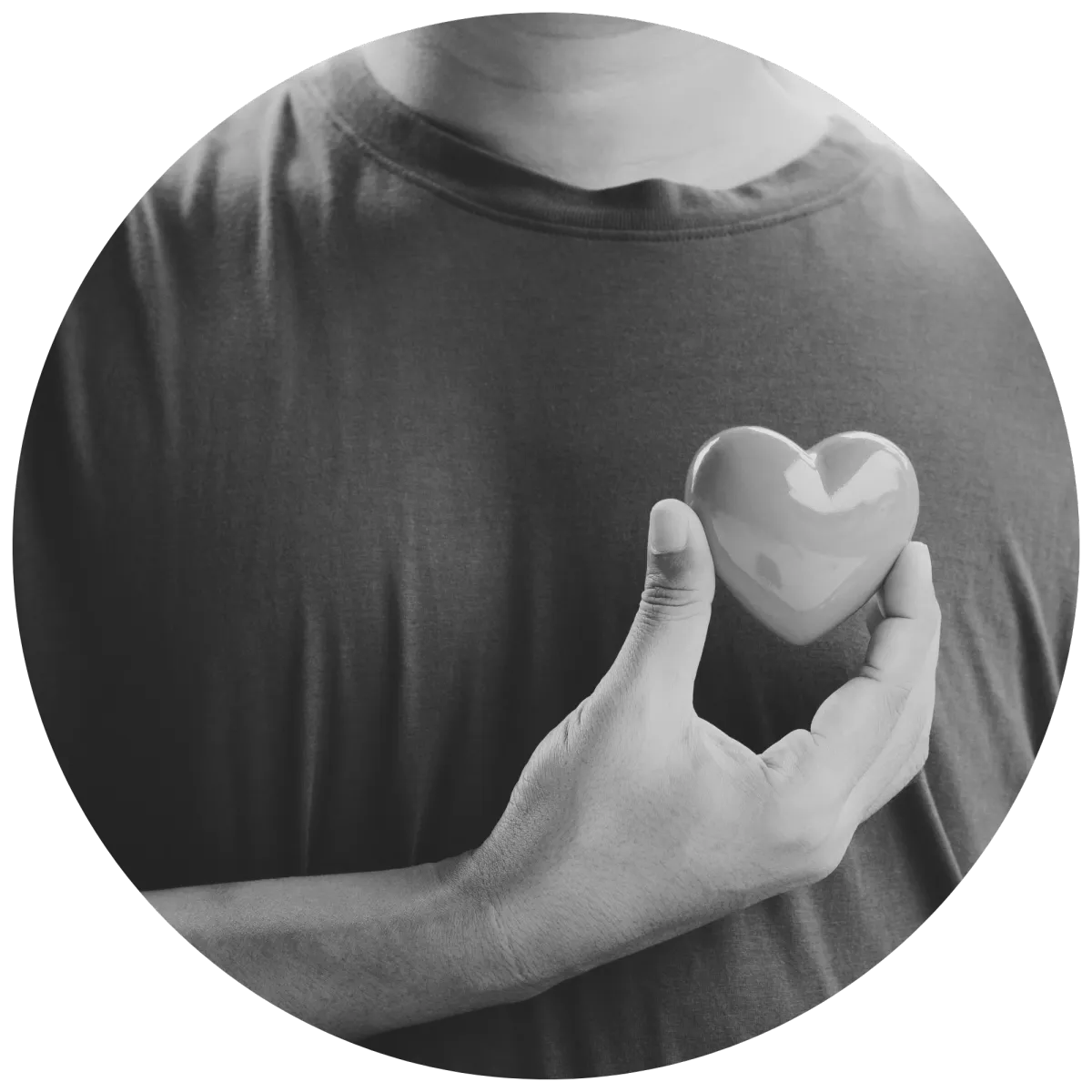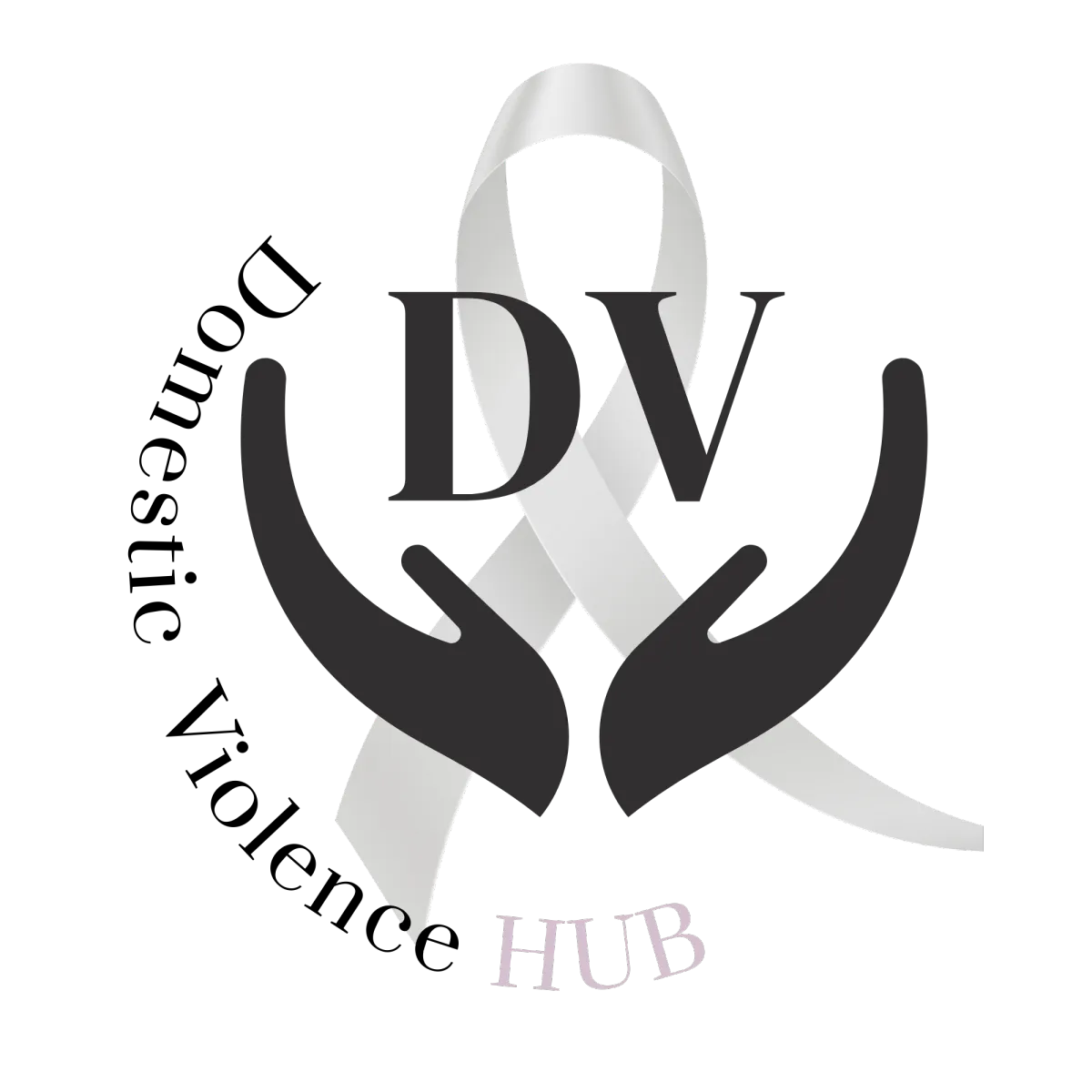Men's Wellness Blog posts
**This website is under construction**
Men's wellness hub is part of the Family Counselling Support Network company
which offers Australians health and wellness support no matter who, where and why.

Lorem ipsum dolor sit amet. Id ullam voluptates et maiores enim qui nihil iusto ut odit alias ut nesciunt debitis. Et asperiores numquam ex libero eius ab tenetur molestias ut Quis iure. At voluptatem quisquam qui nihil enim qui nemo galisum. Est optio esse et rerum fugiat sed corrupti culpa ea modi dicta est magnam sunt a eius temporibus qui officiis voluptatibus.
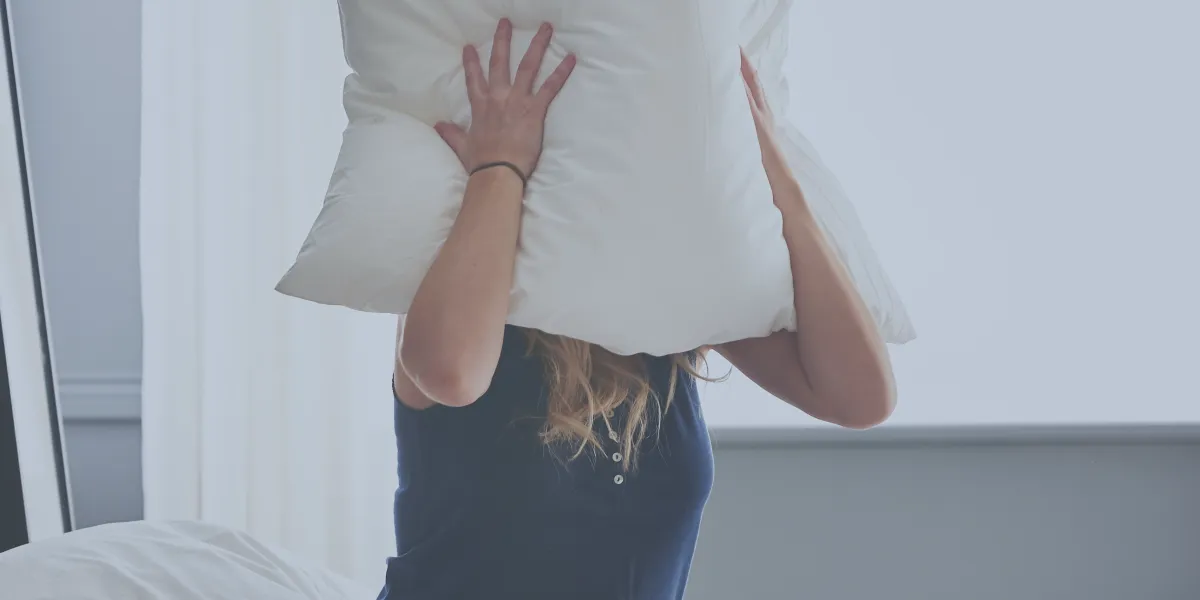
Yikes - another leak
Why am I leaking?
Urinary incontinence — the loss of bladder control — is a common but often inconvenient and embarrassing problem which can rob us of our self esteem and confidence. The severity ranges from occasionally leaking urine when you cough or sneeze to having an urge to urinate that's so sudden and strong you don't get to a toilet in time.
Though it occurs more often as people get older, urinary incontinence isn't an inevitable consequence of aging. If urinary incontinence affects your daily activities, don't hesitate to see your doctor. For most people, simple lifestyle and dietary changes or medical care can treat symptoms of urinary incontinence.
Symptoms
Many people experience occasional, minor leaks of urine. Others may lose small to moderate amounts of urine more frequently.
Types of urinary incontinence include:
· Stress incontinence. Urine leaks when you exert pressure on your bladder by coughing, sneezing, laughing, exercising or lifting something heavy.
· Urge incontinence. You have a sudden, intense urge to urinate followed by an involuntary loss of urine. You may need to urinate often, including throughout the night. Urge incontinence may be caused by a minor condition, such as infection, or a more severe condition such as a neurological disorder or diabetes.
· Overflow incontinence. You experience frequent or constant dribbling of urine due to a bladder that doesn't empty completely.
· Functional incontinence. A physical or mental impairment keeps you from making it to the toilet in time. For example, if you have severe arthritis, you may not be able to unbutton your pants quickly enough.
· Mixed incontinence. You experience more than one type of urinary incontinence — most often this refers to a combination of stress incontinence and urge incontinence.
When to see a doctor
You may feel uncomfortable discussing incontinence with your doctor. However, if incontinence is frequent or is affecting your quality of life, it's important to seek medical advice because urinary incontinence may:
· Cause you to restrict your activities and limit your social interactions
· Negatively impact your quality of life, self esteem and confidence
· Increase the risk of falls in older adults as they rush to the toilet
· Indicate a more serious underlying condition.
Men's Wellness Hub Directory
This site is brought to you by Family Counselling Support Network
Book in with one of our professionals today
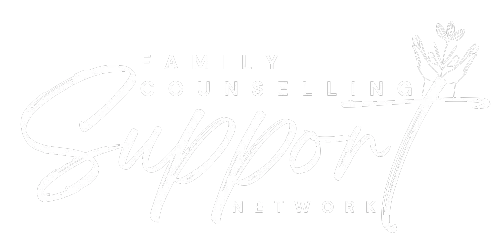
We've Got you!



We are committed to protecting your personal information and respecting your privacy. This website uses cookies to analyze website traffic and optimise your website experience. By accepting our use of cookies, your data will be aggregated with all other user data.
DISCLAIMER: The material contained on this website is for general educational and information purposes only and is not a substitute for professional legal, financial, medical or psychological advice or care. While every care has been taken in the information provided, no legal responsibility or liability is accepted, warranted or implied by the authors or Family Counselling Support Network and any liability is hereby expressly disclaimed. For specific advice please contact us at [email protected]. All information contained on the website remains the intellectual property of Family Counselling Support Network and is for your personal educational use only. The information must not be reproduced or distributed without the express permission of Family Counselling Support Network.
Family Counselling Support Network acknowledges and respects the First Nations Custodians of the land where our offices stand, and where we work to help Australians. We pay respects to their Elders, past present and emerging, lore, customs and creation spirits. We recognise that these lands have always been places of ceremony, teaching, research and learning, and we acknowledge the important role Aboriginal and Torres Strait Islander peoples play in our community.
We are committed to providing an inclusive and accessible environment where people and communities of all identities and backgrounds are accepted, safe and celebrated.
Privacy Policy | Terms and Conditions
